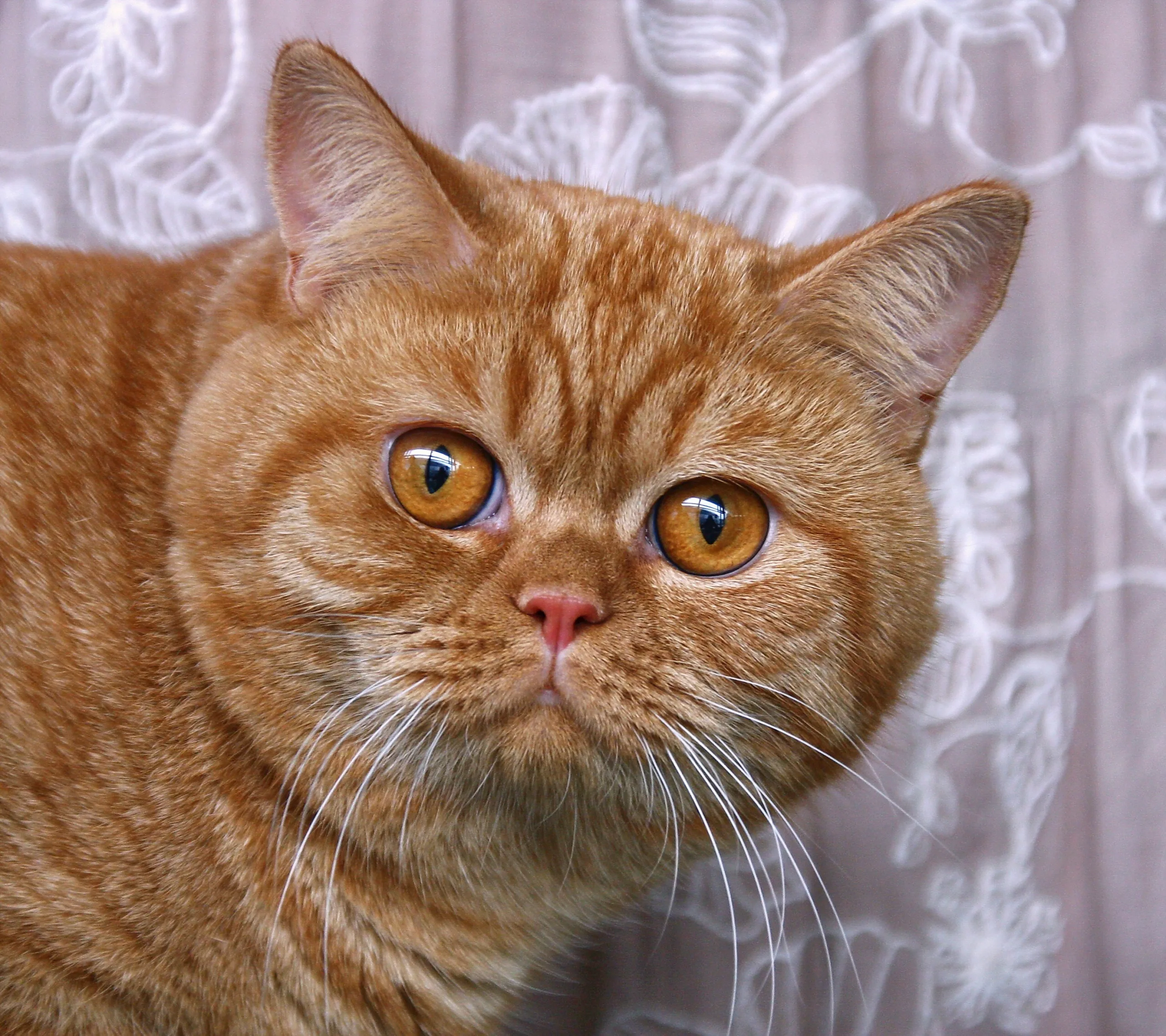Introduction
Cats, with their enigmatic behaviors and expressive faces, often leave us wondering about their emotions and well-being. One puzzling behavior that cat owners might encounter is their furry friend tearing up. As devoted caregivers, understanding the reasons behind this watery-eyed phenomenon can help us provide the best care for our feline companions. In this article, we delve into why cats tear up, addressing common questions and exploring the factors that contribute to this behavior.
For more about cats click here
The Normalcy of Watery Eyes
First and foremost, it’s important to recognize that mild tearing up is a normal occurrence in cats. Just like humans, cats produce tears to keep their eyes moist and healthy. These tears help lubricate the eyes, wash away debris, and provide essential nutrients to the eye’s surface.
Factors Leading to Tearing Up in Cats
Several factors can contribute to cats tearing up:
- Environmental Irritants: Dust, pollen, smoke, or other irritants in the environment can cause the eyes to water as the body’s natural response to protect the eyes from potential harm.
- Allergies: Cats, like humans, can develop allergies to various substances. Allergies can lead to watery eyes as part of the body’s reaction to the allergen.
- Conjunctivitis: Also known as pink eye, conjunctivitis is the inflammation of the conjunctiva (the tissue that lines the eyelids and covers the eyeball). It can cause redness, discharge, and tearing.
- Eye Infections: Infections, whether bacterial or viral, can result in tearing up as the body’s immune response tries to fight off the infection.
- Blocked Tear Ducts: Occasionally, a cat’s tear ducts can become blocked, preventing tears from draining properly and leading to excess tearing.
- Breed Predispositions: Certain cat breeds are more prone to tearing up due to their facial structure. Breeds with flat faces, like Persians, are more likely to experience tearing due to the shape of their eyes and nasal passages.
Emotional Tears: Fact or Fiction?
While cats can experience a range of emotions, such as happiness, fear, and contentment, there is currently no scientific evidence to support the idea that cats cry emotional tears in the same way humans do. Cats communicate primarily through body language, vocalizations, and behavior.
Nocturnal Watery Eyes: What’s Behind It?
If you’ve noticed your cat tearing up more at night, it might be due to a few different factors:
- Low Light Sensitivity: Cats’ eyes are adapted for low light conditions, and they have a higher number of rod cells (responsible for vision in low light). This heightened sensitivity to light might contribute to tearing up at night.
- Allergens: If your cat spends time outdoors, they might be exposed to allergens that lead to tearing. Nocturnal allergens could cause tearing to be more noticeable at night.
Addressing Concerns About Sad Tears
The idea of cats shedding tears due to sadness or emotion is a romantic notion but lacks scientific support. Cats do display emotions, but their expressions of emotion are typically conveyed through body language and behavior rather than tears.
FAQs About Cats Tearing Up
1. Is it normal for a cat to tear up?
Yes, it’s normal for cats to tear up. Tears help keep their eyes moist, wash away debris, and provide nourishment to the eyes.
2. Why do cats sometimes tear up?
Cats tear up for various reasons, including environmental irritants, allergies, eye infections, and breed predispositions.
3. Do cats cry emotional tears?
There is no scientific evidence to support the notion that cats cry emotional tears like humans do. Cats communicate emotions through behavior and body language.
4. Why do cats cry tears at night?
Nocturnal tearing could be due to factors like heightened light sensitivity, allergen exposure, or changes in environmental conditions.
5. Do cats have sad tears?
Cats do experience a range of emotions, but there’s no evidence to suggest that they shed tears specifically due to sadness.
Understanding Cats’ Eye Health and Behavior
Monitoring your cat’s eye health is crucial. If you notice excessive tearing, redness, swelling, or changes in behavior, consult a veterinarian. Regular veterinary check-ups can help ensure your cat’s eyes remain healthy and comfortable.
Conclusion
Tears play an essential role in maintaining your cat’s eye health, helping to keep their eyes moisturized and free from irritants. While the idea of emotional tears in cats remains more anecdotal than scientific, understanding the various reasons for tearing up can help you provide attentive care and address any concerns about your feline friend’s eye health.
Click here for more
